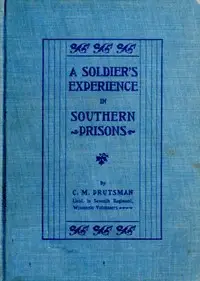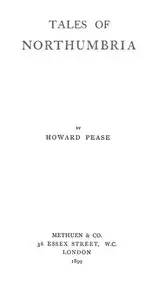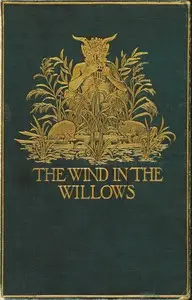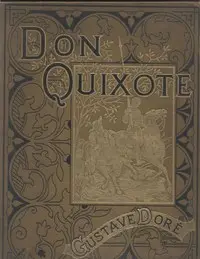"To the American Indian" by Lucy Thompson is a historical account written in the early 20th century. The book provides an insider’s perspective on the Klamath Indian tribe, revealing details about their culture, traditions, and struggles, articulated through the experiences of the author herself, who is of Klamath descent. At the start of the book, the author introduces herself as a full-blooded Klamath river woman, sharing insights about her upbringing and her role within her community. She expresses a desire to correct misconceptions about her people that have been propagated by outsiders. The opening portion elaborates on various key topics such as the historical significance of Bill McGarvey’s store, a trading post central to the interactions between the Klamath Indians and white settlers. It delves into specific events surrounding the store, including conflicts, cultural ceremonies like the White Deer-Skin Dance, and the lives of both the Indians and the settlers during a tumultuous period of their shared history. The narrative unfolds with rich details and personal anecdotes that underline the resilience and complexities of Klamath culture. (This is an automatically generated summary.)
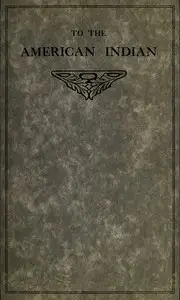
To the American Indian
By Lucy Thompson
"To the American Indian" by Lucy Thompson is a historical account written in the early 20th century. The book provides an insider’s perspective on the...
Che-na-wah Weitch-ah-wah (1856-1932), commonly known by her English name Lucy Thompson, was a Yurok author, best known for her book To the American Indian: Reminiscences of a Yurok Woman. Written in 1916, the book is intended to preserve her people's stories. The book received the American Book Award decades later in 1992. Thompson was born in the Klamath River village of Pecwan. Outside the book she is known to have come from "Yurok aristocracy" and to be married to a Euro-American man named Milton "Jim" Thompson. She intended to tell the stories of her people that were not being told by others, and to make others better understand her people and perspective, although she also criticized whites for practices like overfishing. Thompson expressed that violence towards indigenous Californians were deliberate acts of genocide and she expressed concern for the continued stewardship of Klamath River salmon.


